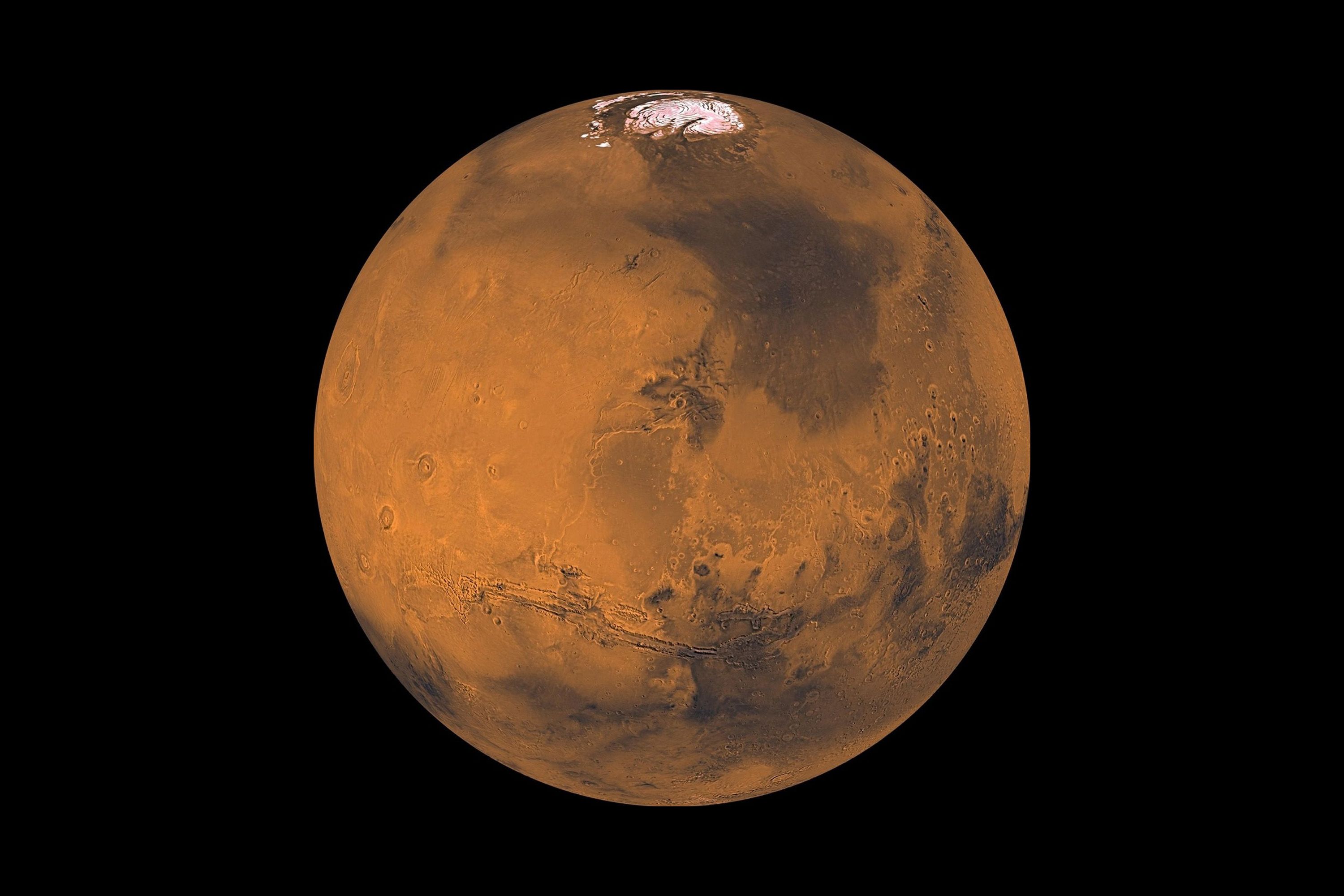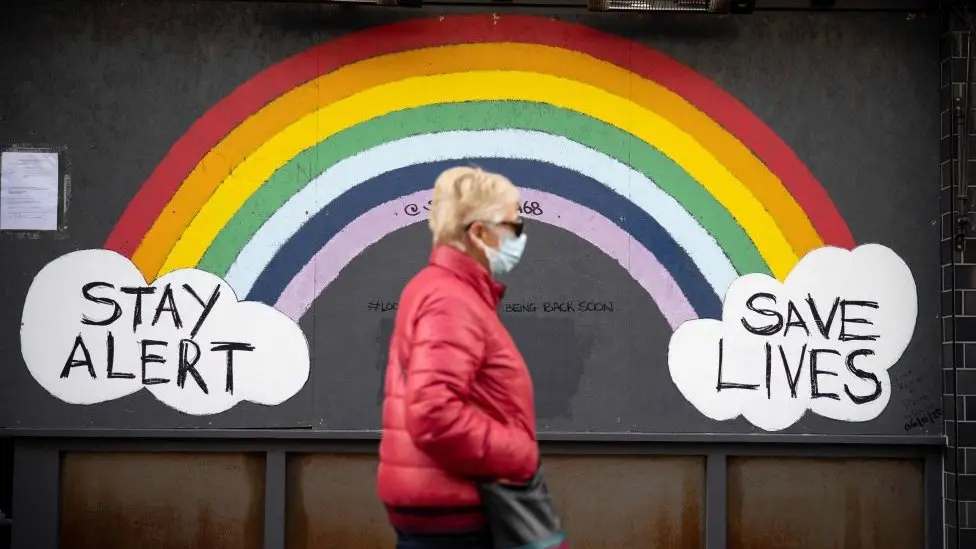For-Profit Companies Can’t Easily Replace NOAA’s Weather-Forecasting Prowess
For-Profit Companies Can’t Easily Replace NOAA’s Weather-Forecasting Prowess
For-profit companies may excel in various industries, but when it comes to...

For-Profit Companies Can’t Easily Replace NOAA’s Weather-Forecasting Prowess
For-profit companies may excel in various industries, but when it comes to weather forecasting, the National Oceanic and Atmospheric Administration (NOAA) remains unmatched in its expertise and capabilities.
NOAA has a vast network of satellites, weather stations, and data collection systems that provide real-time information on weather patterns and climate trends. This data is crucial for predicting severe weather events like hurricanes, tornadoes, and blizzards, and for helping communities prepare and respond effectively.
Furthermore, NOAA’s team of meteorologists and scientists are highly trained and experienced in analyzing complex weather data and making accurate forecasts. Their dedication to public service and commitment to protecting lives and property set them apart from for-profit companies whose primary goal is maximizing profits.
While some for-profit companies may offer weather forecasting services, they often lack the resources and expertise of NOAA. Their forecasts may not be as reliable or comprehensive, leading to potential risks and inaccuracies in critical weather predictions.
Additionally, NOAA’s data is publicly available and transparent, allowing other agencies, researchers, and the general public to access and analyze it for various purposes. This openness and collaboration are essential for advancing weather science and improving forecasting capabilities.
In conclusion, for-profit companies may have their strengths in business, but when it comes to weather forecasting, NOAA’s specialized expertise, resources, and commitment to public service make it irreplaceable. Its role in protecting lives, property, and the environment is crucial, and efforts to privatize weather forecasting services could jeopardize the safety and well-being of communities nationwide.






